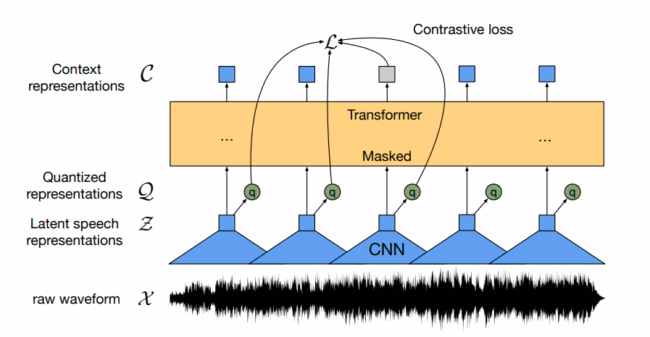Radioscopie linguistique des frontaliers
Nous ignorons pratiquement tout des compétences linguistiques des frontaliers parce qu’ils échappent en règle générale aux études socio- et démolinguistiques qui ne prennent en compte que les résidents du Grand-Duché. D’où l’intérêt des données que nous allons présenter qui apportent des informations inédites remettant d’une part en question l’idée reçue que les frontaliers ignorent la…




